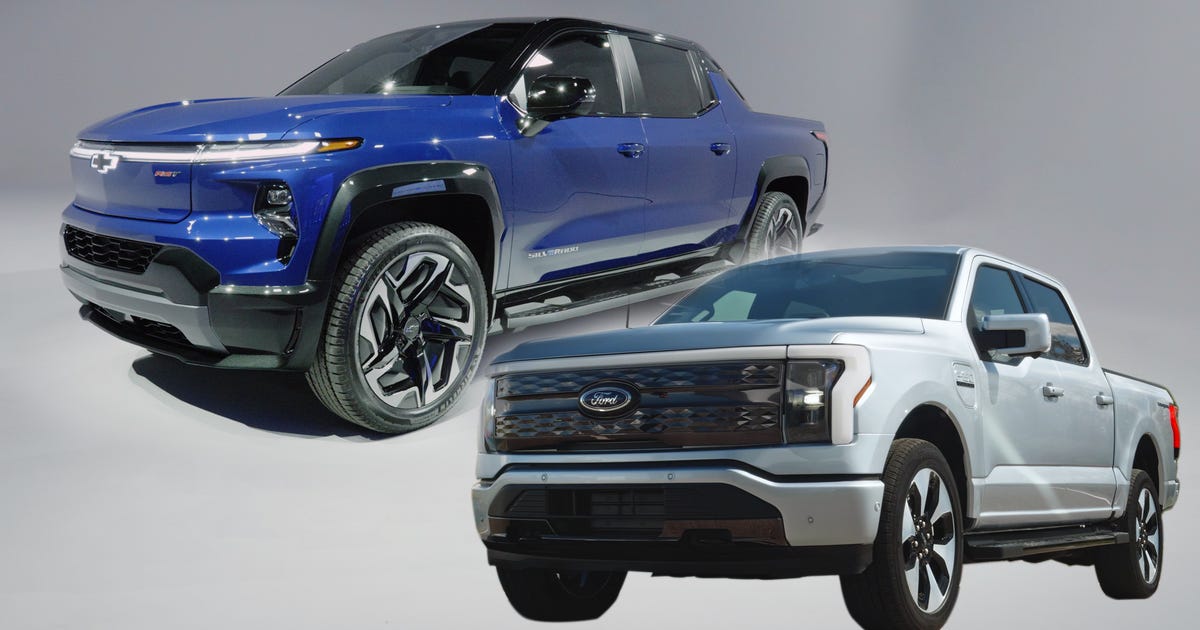
While I find an electric car revolution to be inevitable (due to sticks as much as carrots), EVs have plenty of challenges: Usable range, cost, availability, depreciation and model choice. But on top of all those is their weight; Here’s why that’s not trivial.
EVs tend to weigh a lot more than internal combustion engine cars:
Those porkiness penalties manifest themselves on the road, in collisions and in your ears.
Collision safety
The Insurance Institute for Highway Safety makes clear what you may have missed in physics class: A lighter vehicle is at a disadvantage in a collision with a heavier vehicle. The heavier car tends to keep moving while the lighter vehicle — and its occupants — are punished by more violent forces and often greater structural collapse. A US Department of Transportation report in 2012 stated that making light cars lighter would significantly increase fatality risk, where making heavier cars lighter would significantly reduce it.
At a time when the auto industry is plumbing the benefits of some really interesting safety technologies, it may inadvertently roll the clock back on safety somewhat by introducing so many cars that create lopsided collisions.
Road wear
Since EVs weigh more than conventional cars they put more wear on the road, yet they don’t pay for that wear with any additional gas taxes — they don’t pay any gas taxes at all. EVs may generate more sales tax due to their generally higher MSRPs but in California, as in many other states, only a very small amount of sales tax is earmarked for transportation projects. Electricity to charge EV’s is subject to utility taxes, but those are typically restricted to energy infrastructure projects, not road repair.
Tire noise
45 million people in the US either live, work or go to school within 300 feet of a freeway, according to research by acoustic engineers Judy Roachat and Darlene Reiter. Most of the noise endured near freeways is caused by tire contact with the pavement, not roaring engines and exhaust pipes. Thanks to EVs’ increased weight and often meaty tire sizes required to support it, they generate as much if not more tire contact noise than a conventional car, even though their powertrains are nearly silent. Goodyear offers a line of tires that aim to reduce tire noise inside a car, but not perceived noise outside the car.
Towing and payload
Another interesting facet of EV weight has to do with electric trucks like the Ford F-150 Lightning, Hummer EV and electric Chevrolet Silverado. An F-150 Lightning’s battery alone weighs around 1,800 pounds, leading to a truck that weighs about 1,000 pounds more than the gas-engine version, even without an engine or transmission. In other words, an electric F-150 is always carrying a 1,000 payload that its gas-powered sibling isn’t saddled with. Fortunately, electric pickups have prodigious towing capacities to make up for that, but they may suffer when it comes to towing over long distances as that heavy battery becomes useless dead weight as it expends its charge.
All of these points add up to one lesson: Get excited when you hear about lighter battery technology breakthroughs or battery energy density improvements that can allow a smaller battery to yield the same range as today’s larger ones, reducing the weight of the otherwise heavier vehicles of the future.

